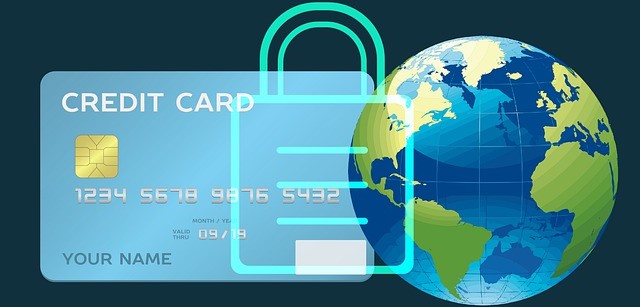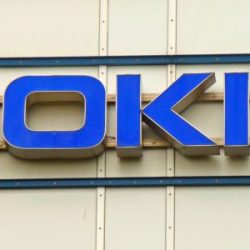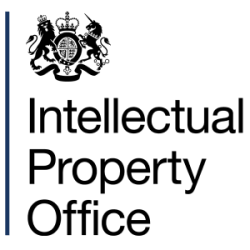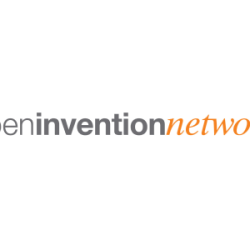 Savings accounts, payments and loans play a key role in the economic and social welfare of individuals and countries. Amongst other things, they provide financial inclusion, higher chances of overcoming financial challenges, an opportunity to create a business or to increase one’s own savings, and financial independence.
Savings accounts, payments and loans play a key role in the economic and social welfare of individuals and countries. Amongst other things, they provide financial inclusion, higher chances of overcoming financial challenges, an opportunity to create a business or to increase one’s own savings, and financial independence.
But what if you had no access to a bank? This is not a purely theoretical question. In 2017 there were approximately 1.7 billion individuals without “an account at a financial institution or through a mobile money provider”. In 2018 around 200 million small and medium-sized enterprises in developing countries had no access to formal savings and credit.
Here is where mobile money can help. Mobile money allows the user to make payments as well as to receive and transfer money with a mobile phone. This financial service is generally offered by a mobile network operator, such as MTN Mobile Money, TMCEL mkesh, Telenor Pakistan easypaisa or Mobily Pay. According to GSMA, an association representing the interests of mobile operators, in 2021 mobile money was deployed in 98 countries with 1.35 billion accounts, generating transactions of over USD 1 trillion.
Consequently, the number of unbanked people was reduced in 2021, reaching 1,4 billion, with 57 percent of adults making or receiving digital payments in developing countries (13% more compared to 2017). Currently two in five of the mobile money providers offer credit, savings or insurance products. Moreover companies and users are benefiting from advanced mobile money services. For instance, thanks to MTN MoMo, a fintech platform, “access payments, e-commerce, insurance, lending and remittance services” are possible. Mobile money services like MTN MoMo in Africa, TMCEL mkesh in Mozambique and Telenor Easypaisa in Pakistan are powered by Ericsson Wallet Platform. This platform provides the technology, tools and regulatory support to the telecom operators who are providing mobile money services to their consumers.
The mobile money ecosystem fully relies on the connectivity provided by cellular standards, such as 2G up to 5G. Standards are technical rules that companies follow for their products, services and/or processes to interoperate with those of other companies. To create and develop cellular standards diverse stakeholders (from the industry, governments, universities, research institutes, etc.) work collaboratively in a partnership of seven standard development organizations called 3GPP. In 3GPP, only the best technologies are selected to be incorporated in the standard from several thousands of technical contributions (over 110,000 in 2018). Since these chosen cutting-edge technologies are typically the result of massive R&D investments, they are often protected by patents.
The success of cellular standards is mainly due to the commitment of those owning patents which are infringed when implementing the standard (standard essential patents or SEPs) to make them available on fair, reasonable and non-discriminatory (FRAND) terms and conditions. FRAND guarantees implementers access to the technology from day one in exchange for reasonable royalties, while inventors can be compensated in such a way that they are incentivized to reinvest in the next generation of the standard. Thus, FRAND creates a virtuous cycle of innovation. FRAND royalties are commonly determined by implementers and SEP owners in good faith bilateral licensing negotiations following the rules established by the CJEU in Huawei v ZTE (16 July 2015 – Case No. C-170/13), and later on interpreted by national courts. This allows for the parties to address the specific circumstances of each case, while remaining within the FRAND framework. Accordingly, the decision whether to grant or not an injunction would depend on the behavior of the parties. An SEP owner acting on good faith must (1) notify the user about the infringement of its patent/s, and, (2) make a FRAND offer after the implementer has demonstrated willingness to obtain a FRAND license. The willing SEP user on the other hand is expected to (1) express its willingness to conclude a FRAND license clearly and unambiguously and without delay following the notification, (2) submit a FRAND counter-offer (if it considers the offer of the SEP owner is not FRAND) and (3) render accounts regarding acts of use and provide security for potential royalties should the SEP owner reject the counter-offer.
Conclusion:
Mobile money has revolutionized the economy and lives of many individuals and enterprises around the globe. New use cases and opportunities have recently appeared and others are on their way. However, in order for mobile money to continue its success it is indispensable to foster cellular standards. Innovation can only take place if contributors of patented standardized technologies are fairly compensated and incentivized to continue investing in the next generation of the standard. In the event that implementers behave in bad faith, e.g. by not engaging in licensing negotiations in a target-oriented manner or not accepting a FRAND offer, injunctions must be granted promptly.
Written by Dr. Claudia Tapia, LL.M, Director IPR Policy & Legal Academic Research at Ericsson
Disclaimer: Dr. Claudia Tapia, LL.M is Director IPR Policy & Legal Academic Research at Ericsson. The views expressed in this article are those of the author alone and do not necessarily represent the views or positions of Ericsson, any of its affiliates, or any employee thereof.
| MORE NEWS | | WRITE FOR OUR NEWSLETTER |










